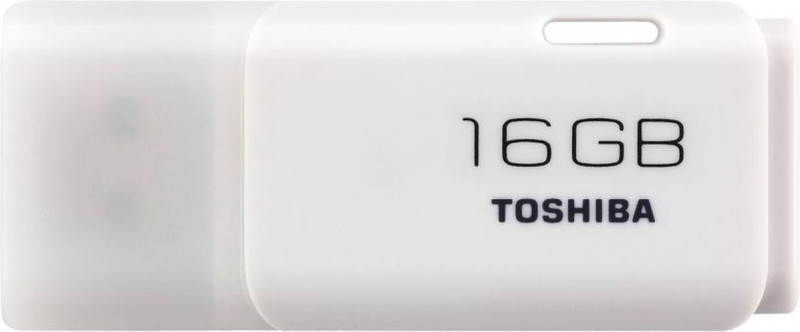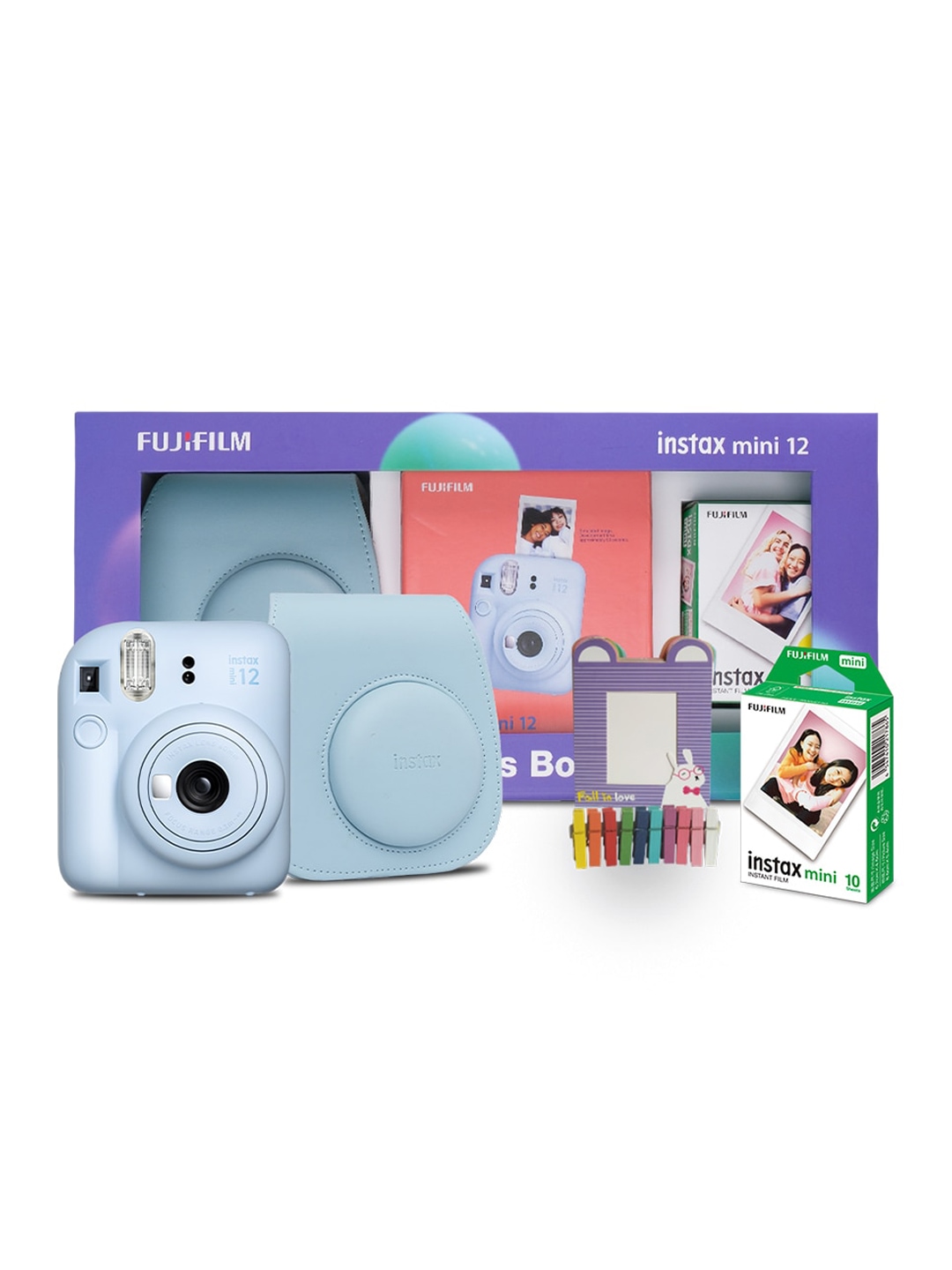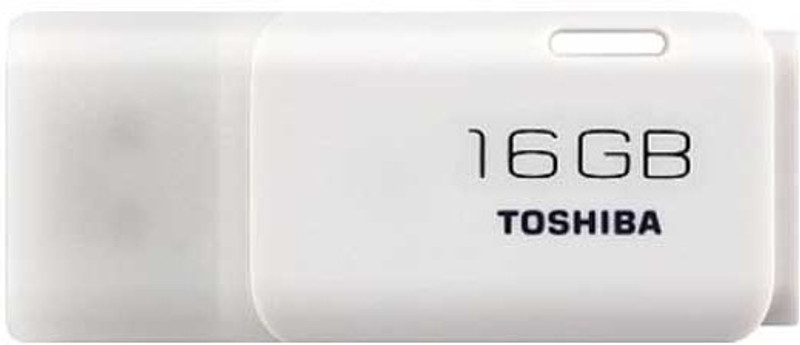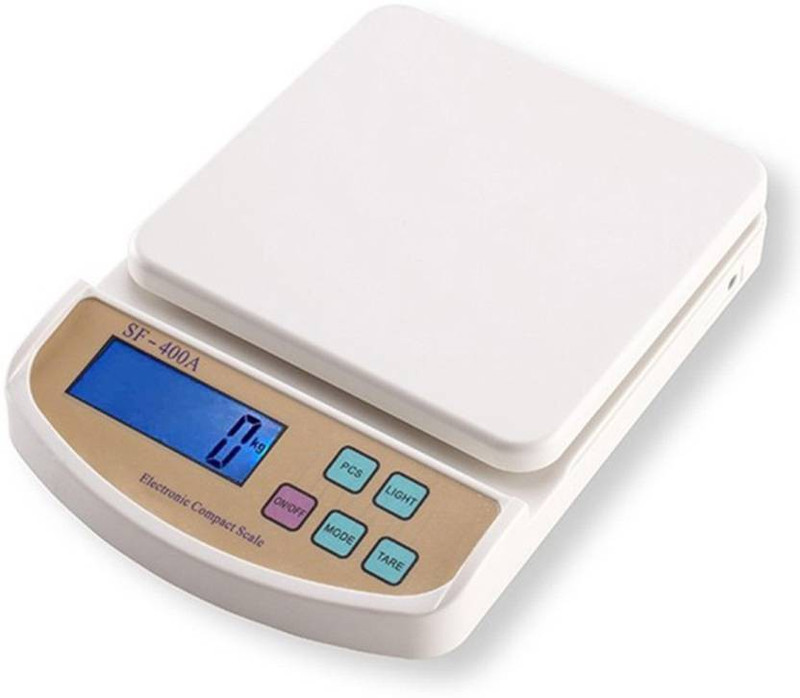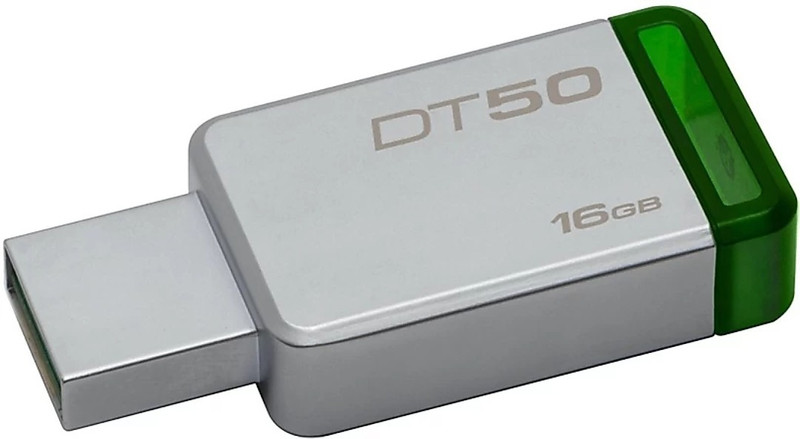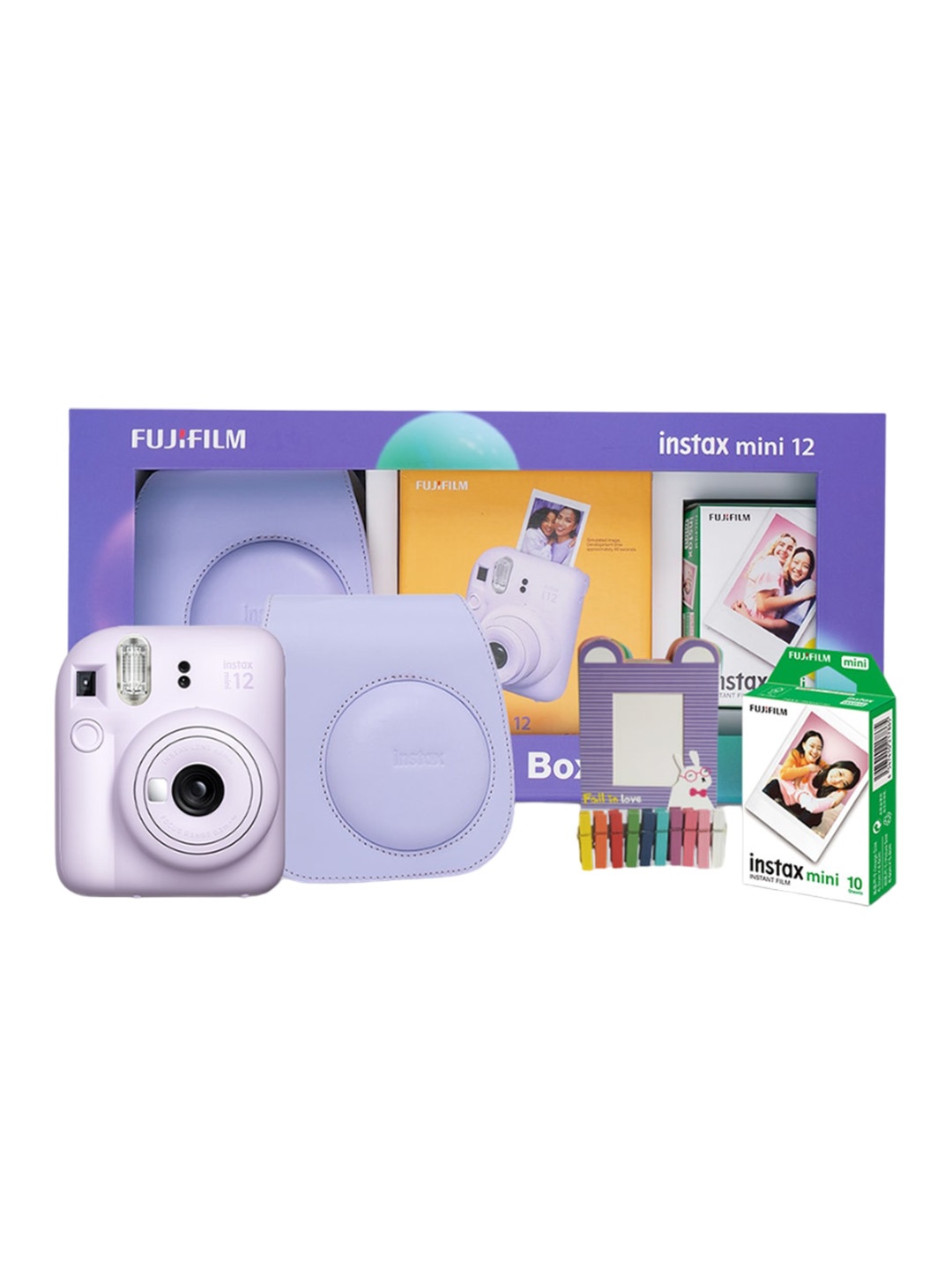Should You Switch From Televisions To Projectors? Which One Is Right For Your Entertainment Needs

Choosing the perfect screen for your entertainment space can be a daunting decision. With a multitude of choices available, it's easy to get lost in the technical jargon. Do you go for a TV with stunning clarity, or do you opt for the cinematic charm of a projector? Both come with their advantages, and the right choice depends on your unique needs. In this article, we'll break down the benefits, limitations, and overall experience offered by both projectors and TVs to help you make an informed decision. So, let's dive in and see which one suits you best.
1. Picture Quality: Where Does The Clarity Lie?
When it comes to sheer picture quality, televisions have been the undisputed king for decades. Modern LED, OLED, and QLED TVs offer incredible colour accuracy, deep blacks, and superior contrast. The clarity and sharpness, especially in 4K models, are nothing short of breathtaking, making your favourite shows and movies come alive in stunning detail.
However, projectors have evolved too. The latest models boast impressive resolutions (some even reaching 4K) and advanced technology to produce bright, vibrant images. But there's a catch. Projector picture quality can be significantly affected by ambient light. In a dark room, a projector can deliver impressive visuals, but if there's too much light or if the screen quality isn't top-notch, it might feel like you're watching through a foggy window. So, for consistent, crisp picture quality, a TV is often the safer bet- unless you've set up your projector in the perfect environment.
2. Size Matters: The Bigger The Better?
If you've always dreamed of watching films on a giant screen, projectors are your ticket to a cinema-like experience. With a projector, you can create a massive viewing area, ranging from 80 inches to 300 inches, depending on the space and equipment. The potential to scale up the size of your screen is a huge draw for projector enthusiasts, especially for those who love the idea of transforming their living rooms into private theatres.
On the other hand, while modern TVs are available in impressive sizes—up to 85 inches or more—there's a limit. Beyond that, the sheer scale and weight of TVs become impractical for most spaces. So, if you're after the biggest viewing experience possible, projectors will win in this category. Just make sure you've got the space and a dark enough environment to take full advantage of that massive screen.
3. Cost: Balancing Your Budget
Price is often a deciding factor in any purchase, and when it comes to home entertainment, both projectors and TVs come in a variety of price ranges. A decent 4K television can set you back a significant amount, with prices starting from around £500 and rising steeply for premium models. But, it's important to note that you're paying for high-end picture quality, reliable performance, and features like smart TV capabilities.
Projectors, on the other hand, can offer a more affordable entry point. You can find decent HD projectors for under £300, though 4K models can go well into the thousands. While the upfront cost of a projector might be lower, consider the ongoing expenses. A quality projector screen, replacement bulbs, and the potential for installation costs can add up over time. So, while a projector might initially seem like the cheaper option, when you factor in long-term costs, a TV might turn out to be more economical in the long run.
4. Portability: Your Entertainment On The Go
One area where projectors truly shine is portability. Most projectors are compact, lightweight, and easy to move around. Whether you're heading to a friend's house for a movie night, going on holiday, or just moving from room to room, a projector allows for a flexible entertainment experience. Some projectors even come with built-in batteries, so you don't even need to worry about plugging them in.
TVs, however, are heavy and often require professional installation. Once you've placed your TV in the living room, it's not going anywhere. Sure, you can move it around if you really need to, but the process is far from easy. If portability and flexibility are key factors for you, projectors offer a significant advantage in this department.
5. Setup: How Much Fuss Are You Willing To Tolerate?
A TV is a straightforward choice. Simply unpack it, plug it in, and voilà—you're ready to start binge-watching your favourite shows. The simplicity of TV setup is one of its biggest advantages. Whether you're hanging it on the wall or placing it on a stand, the process is quick and painless.
In contrast, setting up a projector can require a bit more effort. First, you need to decide on a place to project the image, which could mean buying a screen or clearing a wall. Many projectors require an external sound system to achieve satisfactory audio quality, and positioning the projector correctly is key to ensuring the image is clear and undistorted. While the process isn't overly complex, it can take time and trial and error. So, if you're someone who values convenience, a TV might be the less hassle-free option.
6. Audio: The Full Experience
If you're looking for high-quality, immersive sound, both projectors and TVs have their strengths, but you'll likely need external speakers for either option. Most projectors come with built-in speakers, but they often lack the depth and power to deliver a truly cinematic audio experience. Investing in a sound system is almost a must to get the full projector experience.
TVs, on the other hand, have evolved in terms of sound quality. Many high-end models offer impressive built-in speakers, especially if you go for premium brands like LG or Samsung. That said, for the best possible sound, many still recommend adding a soundbar or external speakers to enhance the experience. The key takeaway here is that while both options can provide quality sound, neither one offers outstanding audio out-of-the-box, and you'll likely need to make an additional investment in a sound system.
7. Space And Room Size: The Ideal Fit
The space you have available will play a significant role in determining whether a projector or a TV is right for you. Projectors require more room, as they need a larger wall or screen to display their image. Ideally, you'll want to set up a projector in a room where you can control the lighting and ensure the space is large enough to accommodate the projected image.
TVs, however, are far more versatile. They can fit in smaller rooms, require no special setup, and are perfect for more compact spaces. If you live in a flat or have limited space, a TV is often the easier and more practical option. On the other hand, if you have a spacious living room or home theatre area, a projector could elevate the experience to new heights.
8. Longevity And Maintenance: Keeping It Running Smoothly
When it comes to long-term reliability, both projectors and TVs require maintenance, though in different ways. TVs are built to last, with many models offering a lifespan of 10-15 years with proper care. Regular cleaning and ensuring the TV isn't exposed to extreme temperatures can go a long way in extending its life.
Projectors, however, come with their own maintenance concerns. While the lifespan of a projector's lamp can vary, most require bulb replacements after a certain number of hours of use. This can be costly, and some projectors might need more frequent maintenance, especially if you're using them regularly. Additionally, dust can accumulate more easily in projectors, which might affect the image quality over time. If you're not someone who likes dealing with repairs or replacements, a TV might offer a more hassle-free experience.
Products Related To This Article
1. Egate New i9 Pro Smart 420 ANSI | 1080p And 4K Support | 533mm Screensize (8400 lm) Projector
2. TOPPRO HY300 1GB/8GB, HD Android 11 Projector WiFi 6/BT 5.0 180° Rotation Auto Keystone
3. ZEBRONICS PIXAPLAY 22 (3400 lm) Portable With Electronic Focus
4. Livato HY300 Full HD Native 720P Support Android 11 Wifi BT Freestyle Auto Keystone
5. WZATCO Neo Fully Automatic (12600 lm / 1 Speaker / Wireless)
6. ZEBRONICS ZEB-PIXAPLAY 11 LED With FHD1080p support, Built In Speaker,Dual power input (1500 lm) Portable Projector
7. ZEBRONICS ZEB-PIXAPLAY 17 (6000 lm / Remote Controller) Android 1080p FHD with DOLBY AUDIO
Choosing between a projector and a TV ultimately depends on your personal preferences and lifestyle. If you're after ease of use, consistent picture quality, and portability, a TV is a great choice. However, if you have the space for a large screen experience, enjoy the thrill of a cinematic viewing environment, and don't mind a little extra setup, a projector can truly transform your entertainment area.
Disclaimer: The images used in this article are for illustration purposes only. They may not be an exact representation of the products, categories, and brands listed in this article.












